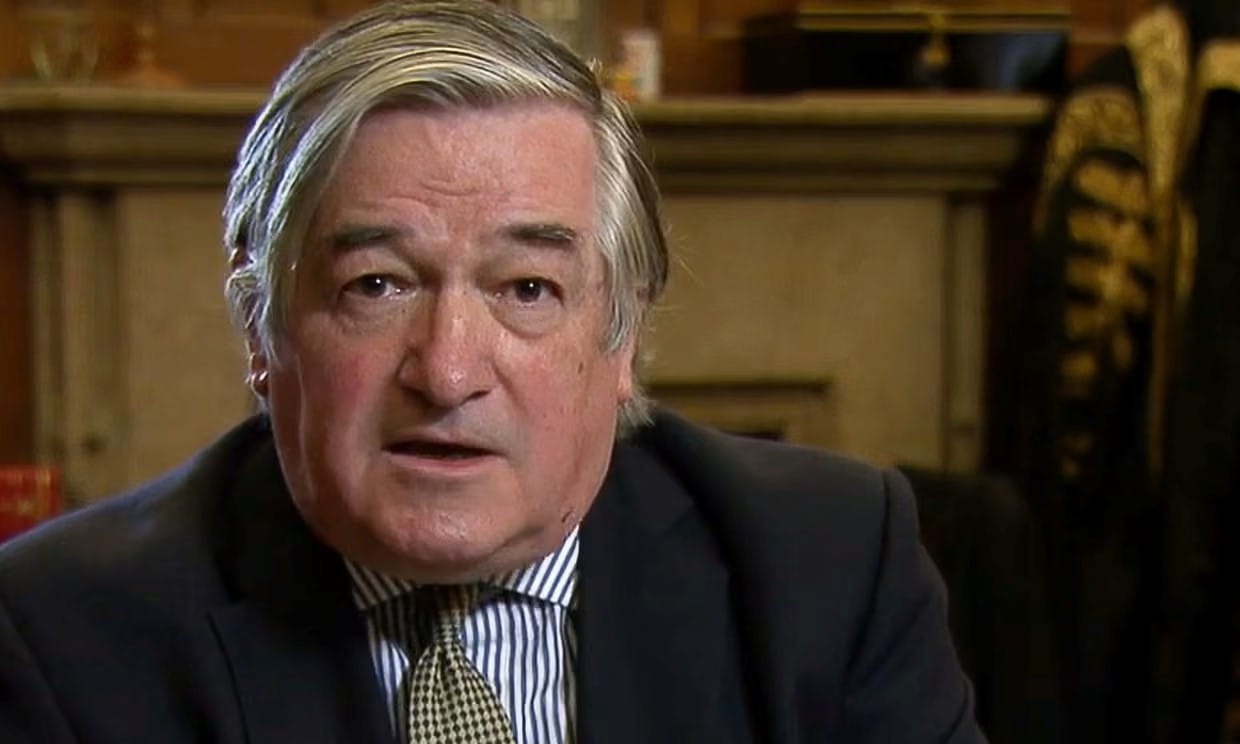Hampshire v Bonser [2025] EWCC 55
HHJ Owen. Claim for a declaration of beneficial interest in the net sale proceeds of a bed and breakfast come former family home.
Judgment date: 23 September 2025
https://caselaw.nationalarchives.gov.uk/ewcc/2025/55
HHJ Owen. Claim for a declaration of beneficial interest in the net sale proceeds of a bed and breakfast come former family home.
Background
Howard Hampshire applied for a declaration that he and Kathleen Bonser were beneficially equally entitled to share the sale proceeds of Fron Oleu Hall, Barmouth, Gwynedd (‘Fron Oleu’). Although Mr Hampshire’s application sought a 50% share, his position at the final hearing was that he should be awarded a 20% share of the net sale proceeds of Fron Oleu.
Fron Oleu was owned in Ms Bonser’s sole name from its purchase in May 2000 for £180,000, until it was sold. Ms Bonser purchased Fron Oleu with her share of the sale proceeds from a home she owned with her former cohabitee partner, Mr Bonser, as she wished to run a guest house or small hotel. Fron Oleu required renovation work which took over two years to complete (with financial contributions from Mr Bonser) before Fron Oleu operated as a bed and breakfast from August/September 2002 until its closure in 2005. Fron Oleu was sold in November 2023 for £850,000. The net sale proceeds of Fron Oleu went into a bank account in Ms Bonser’s sole name. She had applied £240,000 of the sale proceeds to the purchase of a new home approximately two months before the final hearing and had invested the balance.
Whilst there were various factual disputes, the following facts were broadly agreed:
- During the operation of the bed and breakfast, Mr Hampshire and Ms Bonser purchased the property next door, Cae Glas, using joint funds. Mr Hampshire said that it was purchased to provide extra parking for Fron Oleu. Ms Bonser agreed it was purchased to provide the parties with ‘options’ to expand Fron Oleu. When Cae Glas was sold in 2014, the sale proceeds were divided equally between Ms Bonser and Mr Hampshire.
- Other than for a short break, Mr Hampshire and Ms Bonser lived in Fron Oleu from 2002 until early 2023. During this time, the domestic and household expenses were met from a jointly held bank account which was funded broadly equally by the parties. From early 2023, the parties commenced living with Ms Bonser’s daughter in Staffordshire until. Mr Hampshire was told to leave in December 2023.
- Mr Hampshire had resigned from employment in September 2000. Mr Hampshire said he worked in the guest house at Fron Oleu when it opened at a very low wage so he could still claim benefits, having worked at another hotel for 12 months before then to ‘learn the ropes’ of running a guesthouse. Ms Bonser accepted that the parties ran a business from Fron Oleu from 2002, and that Mr Hampshire worked front of house in that business.
- Mr Hampshire claimed that he financially contributed to the refurbishments and undertook some of the work himself, including refurbishing stairs, doors and skirting boards. He asserted that he provided Ms Bonser with £1,300 to redecorate the initial flat Ms Bonser lived in during the refurbishment at Fron Oleu. Ms Bonsor accepted that Mr Hampshire had done ‘some work with the professional builders’, including some stripping of the paintwork and helping with the flat within Fron Oleu.
At the time of the final hearing, Mr Hampshire was 82 years old and Ms Bonser 79 years old. The parties commenced a relationship in 1998. They initially split up three years into the relationship and then reconciled.
Decision
HHJ Owens heard evidence from the parties, and multiple witnesses for each party. Mr Hampshire’s evidence was preferred by HHJ Owens over the evidence of Ms Bonser due to the hostility she displayed in her evidence to Mr Hampshire.
HHJ Owens determined that the bed and breakfast was a joint venture of the parties. It was noted as significant that Mr Hampshire resigned from his employment and worked as a hotel manager for a year to learn to run a guest house. Ms Bonser had no such training or experience.
As it was accepted that there was no express common intention, the focus became whether an agreement might be inferred. In inferring there was an agreement, and distinguishing this case from the facts in Geary v Rankie [2012] EWCA Civ 555, HHJ Owens noted that:
- Mr Hampshire was involved in planning the bed and breakfast from the early stages. He resigned his employment, giving up his life in the Midlands, and obtained a role which taught him how to run a guest house. Comparatively, in Geary v Rankie, Mr Rankie asked for Ms Geary’s help in running the business only after the intended external manager did not work out.
- Mr Hampshire undertook work at Fron Oleu that exceeded some cleaning and minor maintenance. The judgment later refers to Fron Oleu as a large home, the maintenance of which ‘cannot be underestimated’.
- The parties lived in Fron Oleu for another 18 years, in a quasi-marital relationship.
- Mr Hampshire did more than what a cohabitee would do.
- Mr Hampshire travelled back to Fron Oleu on a weekly basis from April 2023 until it was sold to check up on the property and ensure it was maintained.
Letters written by Mr Hampshire to Ms Bonser following separation, within which Mr Hampshire suggested he never wanted any of the sale proceeds of Fron Oleu, were held to have no impact on Mr Hampshire’s ability to bring the application.
Detrimental reliance was found for various reasons including that Mr Hampshire had left behind his life in the Midlands and given up his employment, had found a position that allowed him to learn to run a guesthouse, and had sold a property he owned in his sole name within two years of purchasing it ‘with a view to improving the amenities of Fron Oleu’ with the purchase of Cae Glas.
In considering the fair share Mr Hampshire should have, having regard to the whole course of dealings between Mr Hampshire and Ms Bonser, HHJ Owens determined that the parties would have thought that Mr Hampshire should have enough to buy himself a modest property. Mr Hampshire’s position at the final hearing was that he should be awarded a 20% share. Ms Bonser contended that percentage should be ‘very low, 10%’. Mr Hampshire was awarded a 15% share of the net sale proceeds, equivalent to £125,773.80.
This judgment has not been certified as citeable pursuant to the Practice Note (Citation of Cases: Restrictions and Rules) [2001] 1 WLR 1001.





